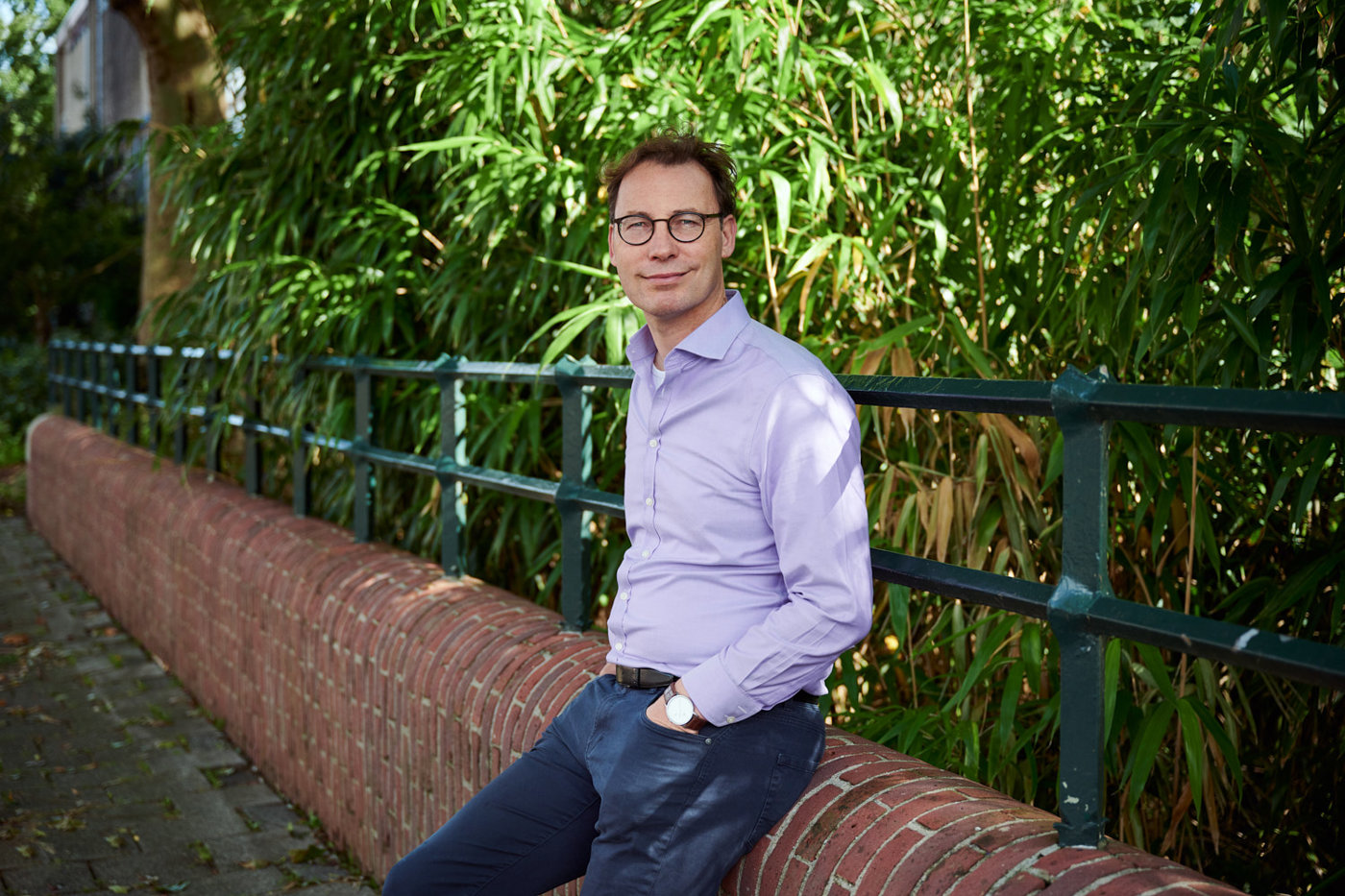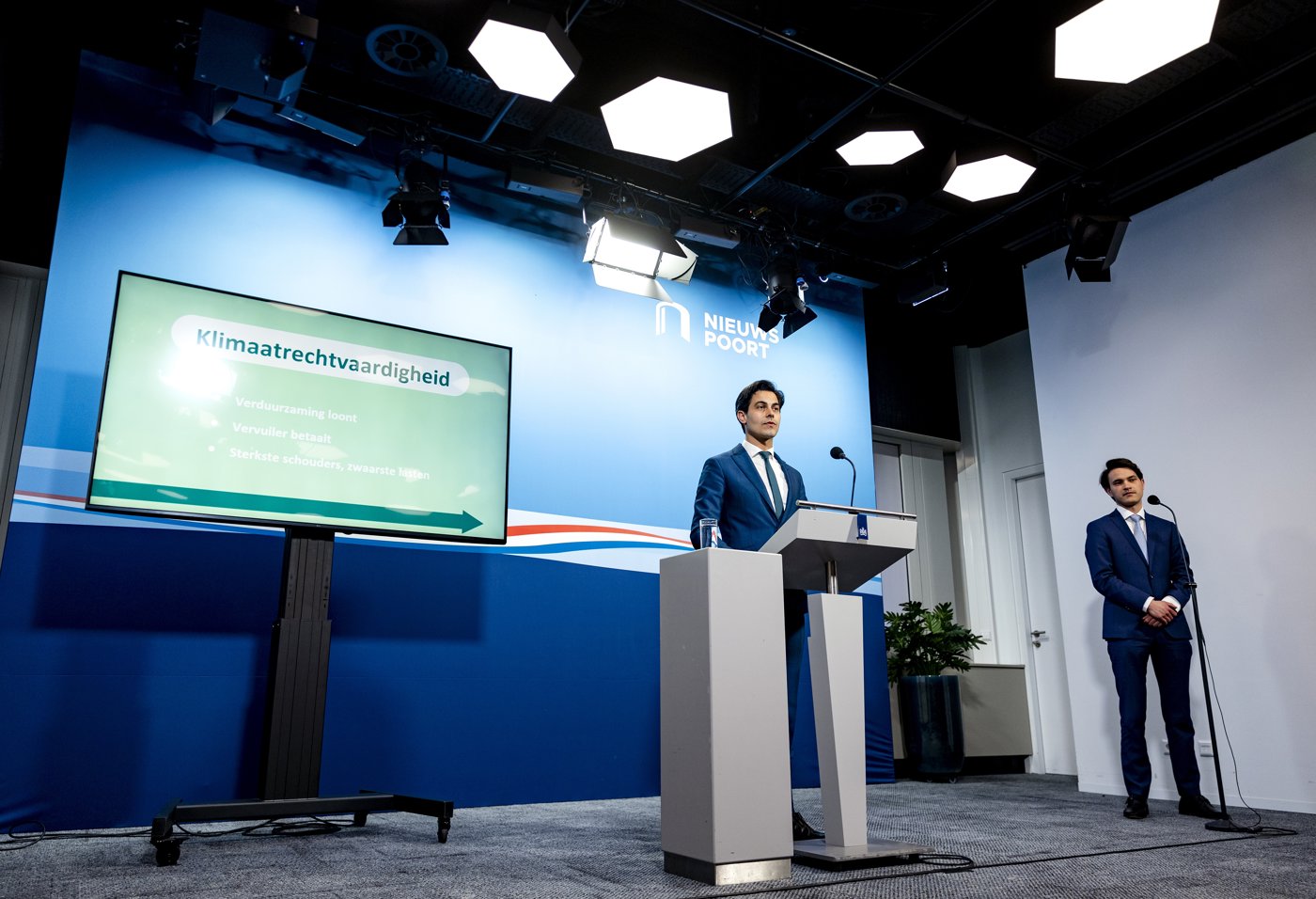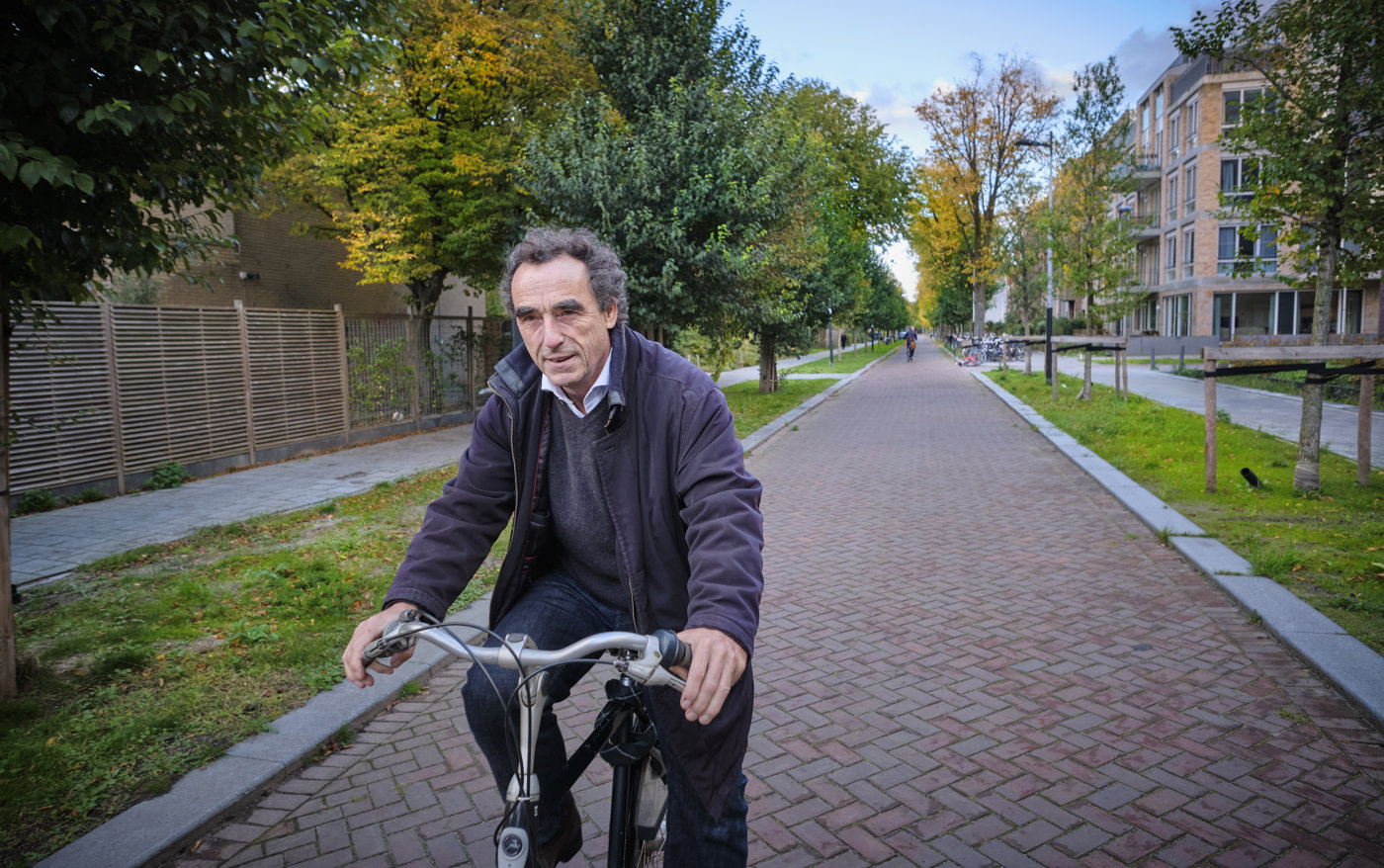Puttering around in the vegetable garden at your cottage in the Swedish woods. Having the luxury of not sitting down with your laptop on Tuesday mornings but going for a nice walk instead. Taking a forestry course or finally opening that pop-up restaurant. These are just a few of people’s dreams about their retirement. Only these are not the dreams of people in their sixties, but of people in their twenties and thirties: Rowan (27), Saska (30) and Puck (33). And they don't want to make those dreams a reality after age 67, but preferably before age 40 or even earlier. Elsewhere in APG Newsroom, we asked these millennials to talk to us about their outlook on life and how they are funding their early retirement.
Feasible and desirable?
The FIRE philosophy (Financial Independence, Retire Early) plays an important role in this: achieving financial independence as early as possible in life by living (frugally) on the returns from your investment portfolio. That sounds nice, but is it also feasible and socially desirable? We asked Charles Kalshoven, Thijs Knaap and Eduard Ponds, all three of whom work at APG for the Asset Management department, which is responsible for investing 560 billion Euros worth of pension money (as of November 2020) for 4.7 million participants through the affiliated funds. It led to five caveats (but also two benefits).
Caveat 1: Professional investors achieve more returns
FIRE-adept people put as much of their income aside for investing, sometimes as much as half. Can young people build up enough pension capital independently for their early retirement? Charles Kalshoven: “People increasingly want to be self-sufficient and independent; this is a trend in society. They want solar panels to provide their own energy and increasingly, they also want to arrange their own pensions. But as an individual investor, you’ll never be able to equal the results and risk-spreading of a professional party. As APG, we can use a good mix of, for example, shares, real estate and long-term investments in infrastructure, with which we also contribute to society.”
Eduard Ponds, who, in addition to his position at APG, is a special professor of Economics of Collective Pensions at Tilburg University: “Time and again, research shows that professional investors achieve better results than individual investors.”
Caveat 2: Individual pension investors carry longevity risk themselves
The FIRE supporters themselves, incidentally, think differently. They often assume an expected return (including dividends) of at least 7% on their investment portfolio. Four percent to live on, 3% for inflation adjustment. “The expected return on equities and especially bonds is no longer as high as it used to be,” warns Kalshoven. “We are noticing that at APG ourselves,” adds coworker Thijs Knaap. “So, if you’re counting on an average 7% return, you might be a bit too optimistic after all.”
Moreover, FIRE supporters run the risk of still having some life left to live when their retirement capital runs out, Ponds calculates. “If you take 4% out of your retirement capital and have an investment policy of 50% stocks and 50% bonds, you probably won’t go broke for the next 30 years. But after that, it becomes critical as life expectancy keeps increasing, to a hundred years or more.” Pension funds absorb that longevity risk with collective reserves. Knaap: “People can receive pensions for as long as they live, because you can draw on a larger pension pot and not everyone lives to be that old. If you retire at forty and live to be a hundred, you run the risk of not saving enough for those sixty years.”


